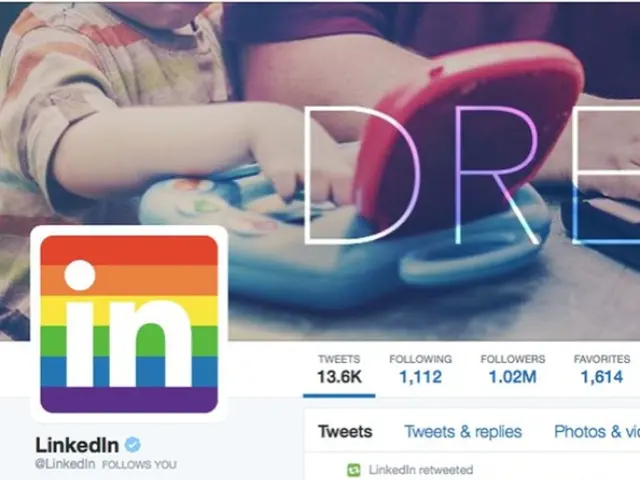Unmasking the Truth Behind Narcissism: Understanding Its Core
In a world where mental health is increasingly being discussed, one disorder that continues to be shrouded in misconceptions is Narcissistic Personality Disorder (NPD). This condition, primarily affecting men, is estimated to impact between 0.5% and 5% of the population in the U.S.
The misconception that narcissism is synonymous with psychopathy persists, but it's crucial to understand that narcissism is a spectrum, and not all narcissists are manipulative or harmful. In fact, many individuals with NPD are self-aware and actively working to better themselves.
Social media, with its vast reach and ease of access, can contribute to self-diagnoses and the ostracization and isolation of those with NPD. Harmful misinformation spreads easily, labelling them as "bad people." If our youth are taught that those with NPD are untrustworthy and dangerous, they may continue to hold onto these beliefs as they age, perpetuating prejudice.
Symptoms of NPD include compromised empathy, arrogance, exploitation of others, and an excessive need for admiration. These traits can have a complex impact on the lives of those affected, including difficulties in maintaining relationships with friends and family. Loved ones often keep their distance due to the insensitive environment that exists when they come into contact with a person with NPD.
However, it's important to note that narcissism is not untreatable, and various solutions exist to help manage day-to-day life with this disorder. There is a lack of information on rehabilitation and therapy for narcissists online, making it difficult for them to seek help.
The journey to heal and live with NPD becomes much rockier when those around do not accept the illness and instead shame the individual. The blatant disregard for narcissistic people's feelings and the perpetuation of stereotypes have drastic effects on NPD patients and those healing.
It's essential to remember that NPD patients are not "bad people." They are individuals struggling with a mental disorder. Stigma and prejudice against those with NPD continue to exist, but it's crucial to challenge these stereotypes and promote understanding and empathy.
Self-diagnoses of NPD are harmful because they skew the symptoms and overall illness that many individuals experience. If you suspect you or someone you know may have NPD, it's important to seek professional help from a licensed mental health professional.
In recent news, a notable author has openly spoken about their diagnosis with NPD, shedding light on the disorder and promoting understanding. While the exact details of this interview are not readily available, a series starting in August 2025 is set to discuss narcissistic behaviors, offering a valuable resource for those affected by NPD.
Living with NPD can have its challenges, but with the right support and understanding, it's possible to manage the disorder and lead a fulfilling life. It's time to break the stigma surrounding NPD and promote empathy, understanding, and acceptance.







